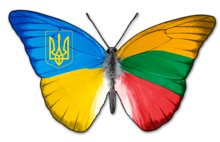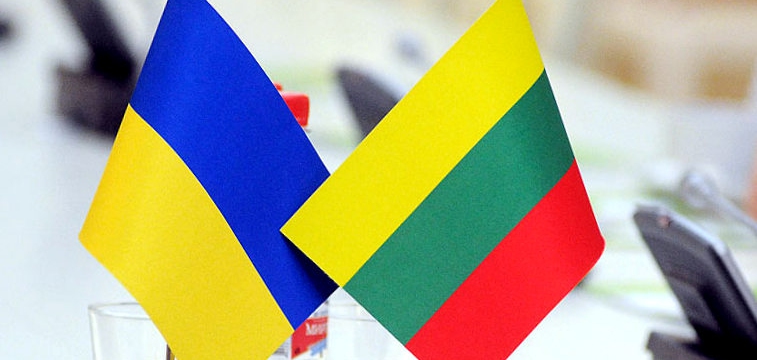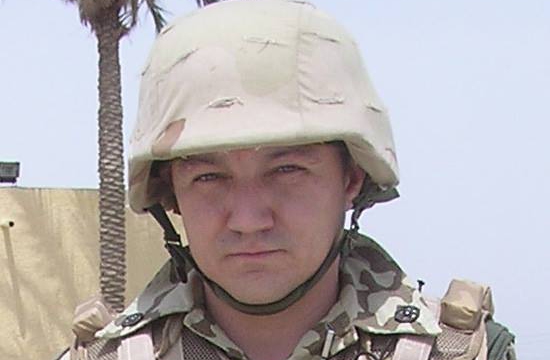On 21st of May ambassador Raimonda Murmokaitė, Lithuania’s Permanent Representative to the UN, at the United Nations Security Council meeting expressed a grave concern over an increasing number of human rights violations in the east and south of Ukraine, including abductions, taking of hostages, arbitrary detentions, beatings and torture of civilians, attacks on journalists, as well as arbitrary executions carried out by pro-Russian separatists. She also stressed an increasing number of violations and harassment against Crimean Tatars, noting a growing number of displacements among Tatar population and restrictions of their political, social and economic rights. (Lithuanian Ministry of Foreign Affairs information)
On 22nd of May Alexander Lukashenko, President of Belarus, in an exclusive interview to Kseniya Sobchak in TV station ‘Dozd’ said that ‘he would fight with anyone who invades to Belarus event if it would be Putin.’ (delfi.lt, kaunodiena.lt)
On 21st of May Mikhail Khodorkovsky, Russian activist of opposition in an interview to the BBC told that ‘Ukraine had entered a “slow-burn civil war” but he did not believe Russian President Vladimir Putin was planning to actually invade eastern Ukraine.’ (delfi.lt, 15min.lt). Read and watch more on BBC: http://www.bbc.com/news/world-europe-27513321.
On 20th of May Edward Lucas, British journalist, in his article about Prince Charles private remark that Vladimir Putin was behaving like Adolf Hitler analyzed the similarities and differences between Hitler and Putin and situation before the World War II and current one in Ukraine (Lithuania Tribune, 15min.lt). Read more in Daily Mail: http://www.dailymail.co.uk/news/article-2635617/Hitler-Putin-Charles-right.html.
On 22nd of May Yaroslav Melnyk, Ukrainian contemporary writer, in an ‘Open dialogue’ radio programme said that ‘Russia used the tactics of Goebbels and was able to indoctrinate to the subconsciousness of Russians that Russia is a great state and that it must rule if not the world then at least our region.’ Yaroslav also added that Russians including Russians of Ukraine are recovering from that propaganda and starting to judge actions of Putin in Ukraine less favourably.’ (The News Radio)




